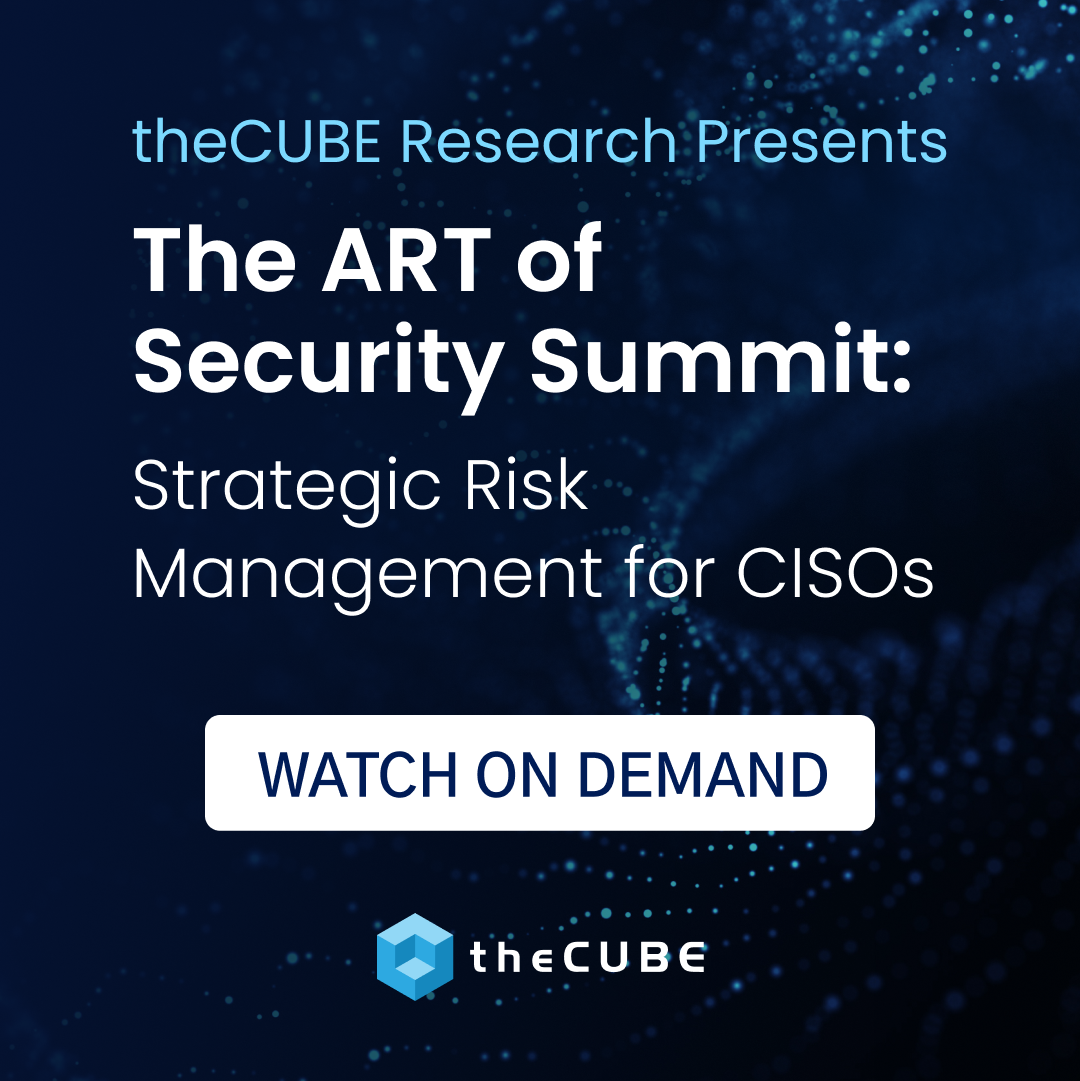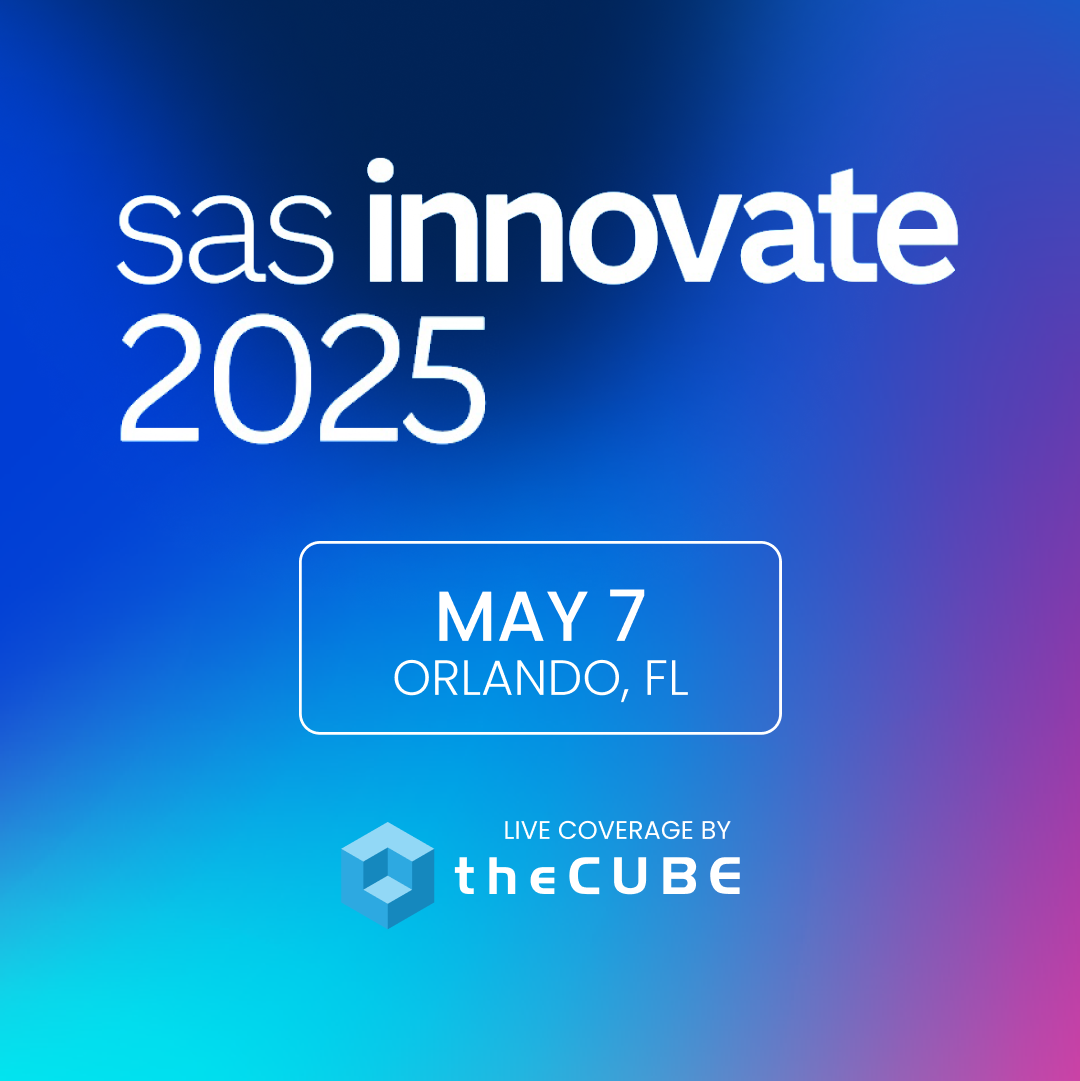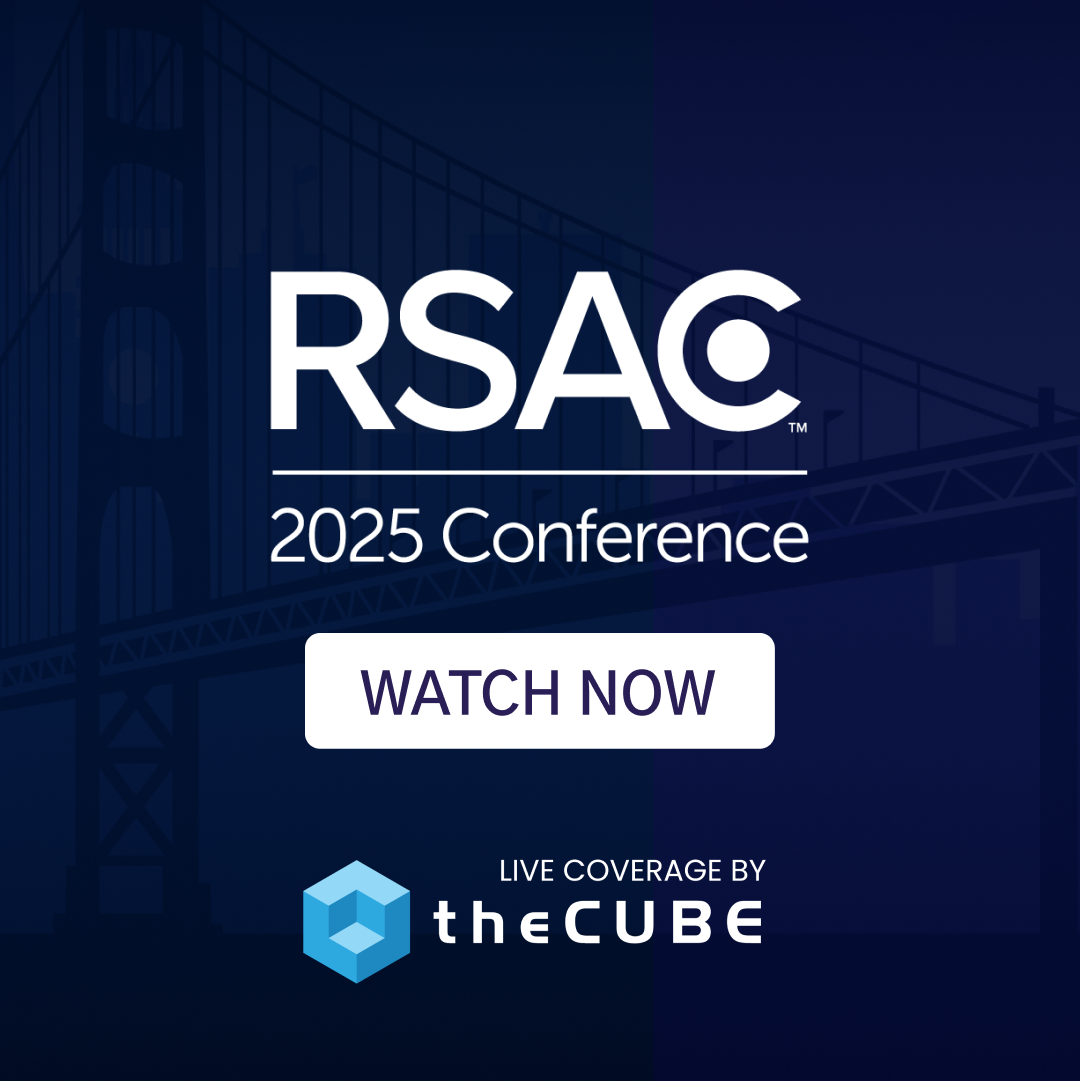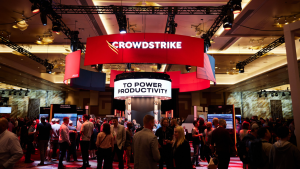Europe’s Top Investor Talks about the Baltics
![]() The Baltic entrepreneurial scene has been very active lately. The success of startups such as Rovio, Applifier, Grabcad, coupled with the Startup Sauna program scouting for the next Skype, prompted me to ask Hussein Kanji (recently ranked as Europe’s most influencial angel investor) his thoughts on the region:
The Baltic entrepreneurial scene has been very active lately. The success of startups such as Rovio, Applifier, Grabcad, coupled with the Startup Sauna program scouting for the next Skype, prompted me to ask Hussein Kanji (recently ranked as Europe’s most influencial angel investor) his thoughts on the region:
Have you been following the Baltic tech scene?
Yes, it’s hard not to pay attention if you’re in Europe. All you have to do is look at the region’s historical success, e.g. Skype, Playtech, Indextools, Getjar (which my old firm led an investment in).
I’m a believer that the technology world is going global, meaning that next generation products and services will increasingly being generated from around the world. One of these places will be the Baltics.
Since I’m currently operating outside of a fund right now, I know I don’t spend enough time traveling to the region. But I’m always happy to find a reason to visit.
How would you recommended to first time entrepreneurs in the Baltics to proceed if they want to change the world?
The recipe is pretty similar, no matter where you are in the world.
1- Start with a great team. History shows us that a small group of talented, passionate people are the ones who change the world.
2- Address a great market. It’s just as hard to build a company in a $100M market and a $10B market. Pick the $10B market. Target industries that are ripe for disruption, and where you as a startup have a clear entry point. Always be a painkiller, not a vitamin.
3- Build a great product. Success in the tech industry almost always comes from product leadership. Keep making something great that consumers (or customers) want, and competition will be in the rear view mirror.
4- Be lean and stay lean. Read up on product/market fit and learn startup methodologies. It’s hard to get all of this right in one go, so find a way of testing your hypothesis and iterate until you get there.
5- Find great investors who don’t just provide capital, but can support, nurture and encourage you to shoot for greatness.
6- Don’t be afraid to be picky. Good entrepreneurs say no just as many times as they say yes. Find great employees, be selective about who you take money from, be careful about who you partner with.
London and Silicon Valley are often touted as the place to be for startups (especially those who seek funding). What’s your take on this?
Smart capital tends to aggregate into clusters, just like great companies. London’s the home to the venture capital community in Europe; in the US, it’s Sand Hill Road (with smaller active clusters of in Boston, NYC and LA).
There’s plenty of seed capital available in Europe. There’s also a wide availability of capital available to profitable, scaling companies with proven business models. Unfortunately, there is a scarcity of capital in between and very little capital that can help entrepreneurs scale their businesses. There are also fewer venture capitalists in Europe with the operating backgrounds and knowledge to help guide entrepreneurs to build large, valuable businesses.
Put aside capital for a moment. The Bay Area is the hub of our industry. Most of the large, successful tech companies are headquartered in the Bay Area. The talent your company will need over time to grow into a winner are also primarily in the Bay Area. The region is also wonderfully receptive to aspiring new companies who want to change the world.
For all these reasons,I encourage many entrepreneurs to go out to California, or at least finding a way to spend time there. There’s no other place like it.
That said, there have been some great businesses built outside of Silicon Valley. There are always tradeoffs; just be prepared to be able to address them. If your startup doesn’t draw need the ecosystem, if you’re addressing a market that isn’t possible in the US, or if your growth is going to primarily come from outside the US, you can probably do quite well being in Europe.
Do you see any specific downsides to being in Europe?
I’m a big believer in the power of networks, both formal and informal. Besides generating great ideas, a lot of the growth in Silicon Valley comes from being able to access, build on and leverage information. In our industry, by being in Europe, it’s easy to be out of the loop.
It’s also harder to keep the recruiting momentum in Europe. When you get to 50 people in your startup, in Silicon Valley, there’s a wide bench of executives, engineering, product management, marketing and sales talent that can be recruited to grow a company to 500 or 5000 people. These are individuals who don’t want to join a 10 person company, but are happy to roll their sleeves up once a company is a bit more mature. Often times, these are folks who do it over and over again. We don’t have the same bench of great talent in Europe and fewer companies to poach these employees out of.
This recruiting extends up to getting money. There is a smaller pool of venture capitalists in Europe who know what it takes to grow a startup into a winner.
There is a debate on whether government subsidy programs are harming startups. What do you think?
I think that’s a red herring. In the UK, I know the government is trying to hard to facilitate more entrepreneurship. There’s nothing wrong with taking gov’t grants, particularly if they don’t pose any onerous restrictions on companies. It can be great leverage for a company.
Where I struggle is with the government programs that try to replicate what goes on in Silicon Valley. That’s a long term ecosystem bet, and I’ve found few governments who have the courage, insight and long view to do what it takes to nurture a similar ecosystem.
Any specific trends you’re looking into?
I spend a lot of my time thinking about what new categories are going to be created on the back of changing technologies and markets, and trying to meet the teams who will build the companies that revolutionize these categories. A few years ago I was bullish on what was happening in online gaming, this past year or two I’ve been bullish on what you can do with the new influx of real-time data. But in general, I tend to listen more to what the smarter individuals who are actually building these things are thinking, and trying to figure out how I can help them.
A message from John Furrier, co-founder of SiliconANGLE:
Your vote of support is important to us and it helps us keep the content FREE.
One click below supports our mission to provide free, deep, and relevant content.
Join our community on YouTube
Join the community that includes more than 15,000 #CubeAlumni experts, including Amazon.com CEO Andy Jassy, Dell Technologies founder and CEO Michael Dell, Intel CEO Pat Gelsinger, and many more luminaries and experts.
THANK YOU













